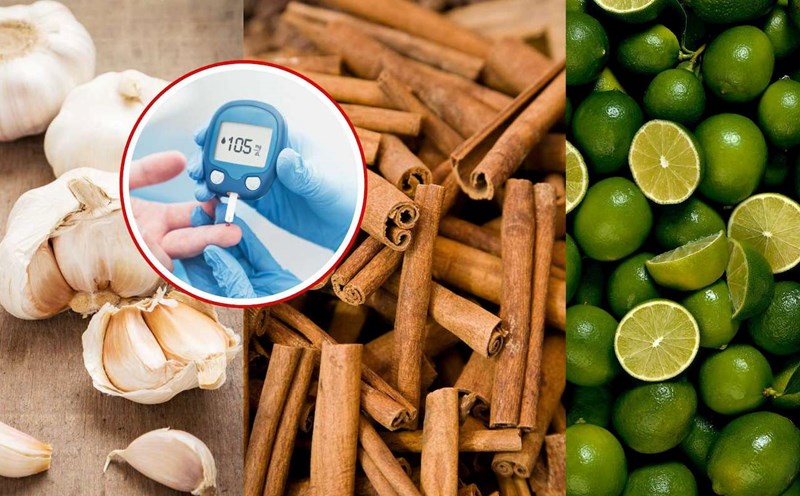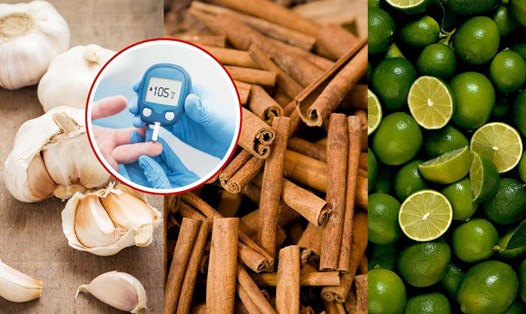A report from the Mayo Clinic says: caffeine found in many types of tea such as black tea can affect how the body uses insulin and processes blood sugar, especially in people with type 2 diabetes or pre-diabetes.
According to research published in the Asia Pacific Journal of Clinical Nutrition, participants who drank 200 ml of black tea after meals recorded significantly lower post-meal blood sugar levels than the group of pharmacists a sign that black tea can help stabilize blood sugar.
In contrast, another review of research shows that for people with poor control diabetes, caffeine in tea or coffee can increase blood sugar by about 1628% and reduce insulin sensitivity by about 1437%.
Therefore, tea is not completely harmless to people with high blood sugar, especially if it contains a lot of caffeine or is drunk on an empty stomach. If you are controlling your blood sugar, consider:
Choose less caffeinated teas such as herbal tea, diluted green tea instead of dark black tea.
Drinking tea after meals, not right on an empty stomach because caffeine can stimulate the liver to release excess sugar.
Avoid adding sugar, condensed milk or honey - ingredients that increase blood sugar faster than plain tea.
Record your body's reaction to tea (if there is a blood sugar meter), because each person will have a different reaction. The information in the article is for reference only, not a replacement for medical diagnosis or treatment. You should talk directly to your doctor for accurate advice that is suitable for your health condition.











